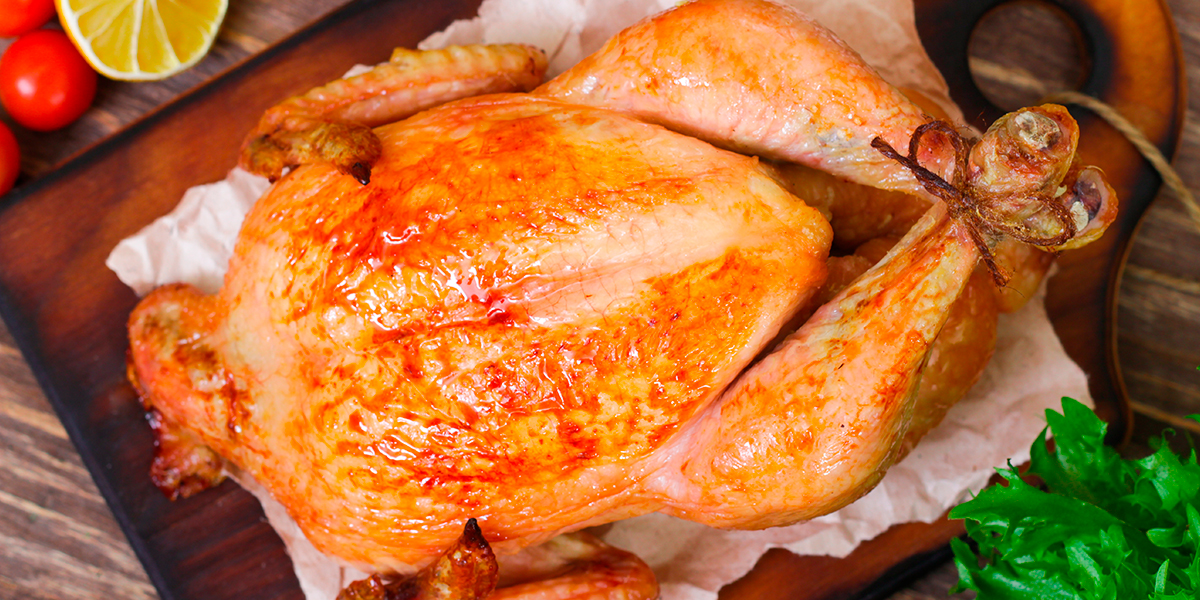A Comprehensive Guide to Health and Flavor
In the world of culinary delight and nutritional prowess, chicken stands as a versatile protein source that has captured the hearts and taste buds of people across the globe. Beyond its delectable taste, chicken is a nutritional powerhouse, offering an array of nutrients that contribute to overall well-being. This article delves into the depths of chicken nutrition, exploring its benefits, types, cooking methods, and its role in promoting a balanced and healthy diet.
Chicken: A Protein-Rich Treasure Trove
Chicken is renowned for being a top-notch source of high-quality protein, which plays a vital role in building and repairing tissues, supporting immune function, and aiding in various bodily processes. A single serving of chicken can provide a significant portion of the daily protein requirement, making it a staple in many diets.
The Nutritional Profile of Chicken
1. Lean Protein:
Chicken is a lean protein source, which means it contains minimal fat compared to other protein-rich options.
2. Essential Amino Acids:
Chicken provides all the essential amino acids that the body needs but cannot produce on its own.
3. Vitamins:
Chicken is a good source of B vitamins such as niacin, which supports metabolism, and B6, which aids in brain health.
4. Minerals:
Chicken contains essential minerals like selenium, phosphorus, and zinc, which are crucial for various bodily functions.
5. Low in Saturated Fat:
Choosing lean cuts of chicken, such as skinless breasts, reduces saturated fat intake, supporting heart health.
6. Low in Calories:
Skinless, boneless chicken is relatively low in calories, making it a popular choice for weight management.

Types of Chicken
1. Skinless, Boneless Chicken Breasts:
These are among the leanest cuts of chicken, rich in protein and low in fat.
2. Thighs:
Chicken thighs are slightly higher in fat but still offer valuable protein and nutrients.
3. Drumsticks:
Drumsticks provide a balance of protein, fat, and minerals, making them a flavorful choice.
4. Whole Chicken:
Cooking a whole chicken allows you to enjoy different cuts, including breast, thighs, and drumsticks.
5. Ground Chicken:
Ground chicken can be a versatile ingredient for various dishes, offering a lean alternative to ground beef.
Cooking Methods and Nutrient Retention
The cooking method you choose can impact the nutritional value of chicken:
1. Grilling or Baking:
Grilling or baking chicken helps retain its nutritional content while imparting a delicious flavor.
2. Steaming:
Steaming chicken preserves its nutrients and natural flavors without the need for added fats.
3. Poaching:
Poaching chicken in liquid keeps it tender and maintains its nutrient profile.
4. Stir-Frying:
Stir-frying quickly cooks chicken, preserving its nutrients when combined with colorful vegetables.
5. Avoid Deep Frying:
Deep frying chicken can increase its calorie and fat content, negating some of its health benefits.
Chicken in a Balanced Diet
1. Lean Protein Source:
Incorporating chicken into meals provides a lean protein source that supports muscle health and satiety.
2. Versatility:
Chicken’s neutral flavor makes it adaptable to various cuisines, dishes, and cooking methods.
3. Weight Management:
Chicken’s low-calorie, high-protein profile makes it an excellent option for those aiming to manage their weight.
4. Heart Health:
Choosing lean cuts of chicken and removing the skin contributes to a heart-healthy diet.
5. Nutrient Boost:
Pairing chicken with colorful vegetables, whole grains, and healthy fats maximizes its nutritional impact.
Incorporating Chicken Nutrition into Your Diet
1. Balanced Meals:
Create well-rounded meals by pairing lean chicken with a variety of vegetables, grains, and legumes.
2. Meal Prep:
Cooking chicken in batches and storing it for the week simplifies meal preparation and encourages healthy eating.
3. Flavors and Spices:
Experiment with different herbs, spices, and marinades to enhance the taste of chicken without relying on unhealthy ingredients.
4. Diversity in Cooking:
Explore various cooking methods to keep meals exciting and prevent monotony.
Conclusion: Embracing the Nutritional Marvel of Chicken
In conclusion, chicken nutrition is a testament to the remarkable benefits of a balanced and protein-rich diet. With its diverse cuts, versatility, and nutrient-packed profile, chicken takes center stage in promoting overall health, supporting muscle growth, and satisfying the palate. Whether you’re seeking to manage your weight, enhance heart health, or simply indulge in delicious and nutritious meals, chicken offers a gateway to culinary delight and well-being. So, let’s celebrate the power of chicken nutrition as a cornerstone of nourishment, flavor, and the pursuit of a healthier lifestyle.



